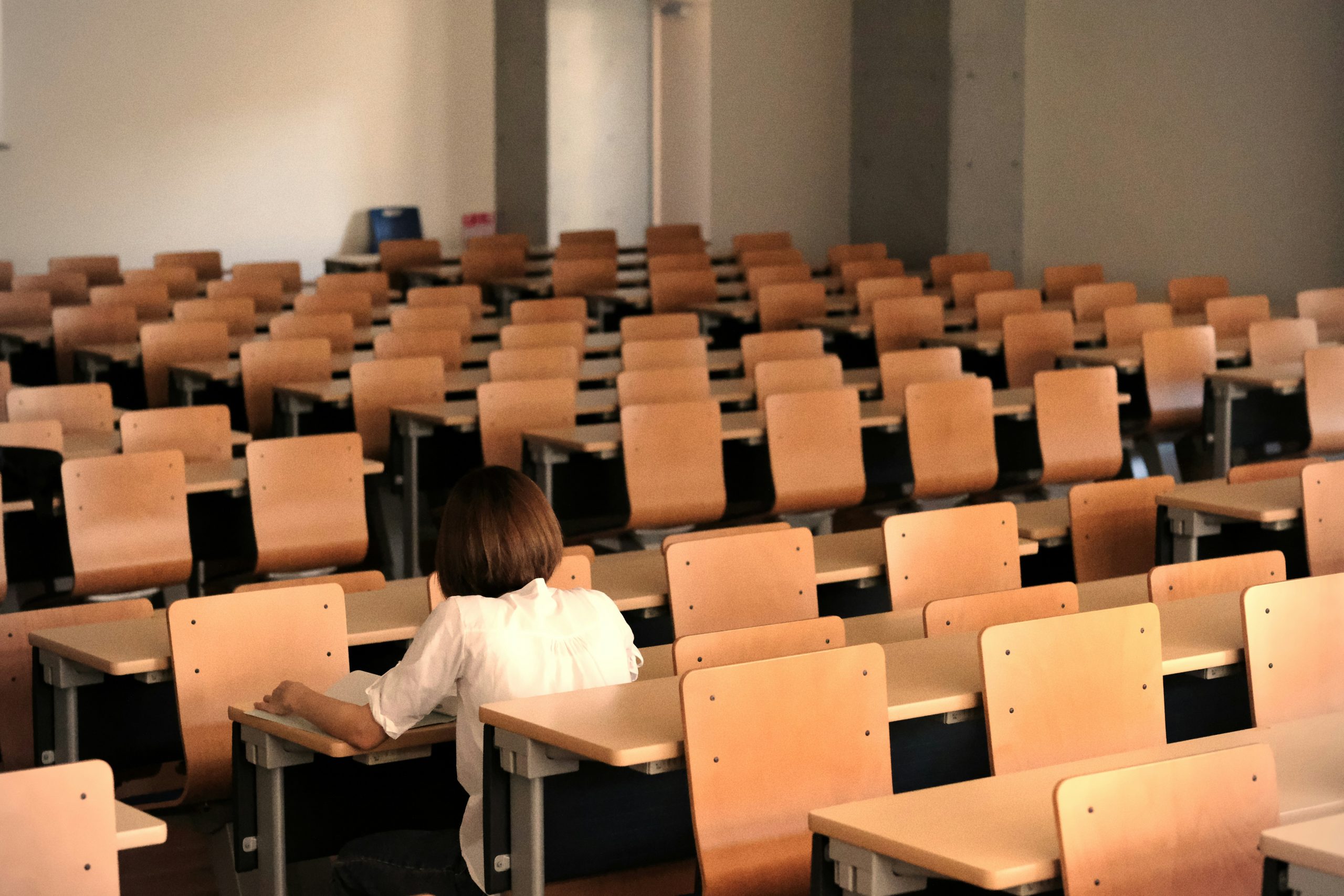11 Plus Insights for Lancashire & Cumbria
Families in Lancashire and Cumbria face a unique landscape when preparing for the 11 Plus. While these counties do not have as many grammar schools as some other regions, selective education still plays an important role for many parents.
Understanding how the process works, which schools participate, and what preparation looks like can make a real difference for children hoping to succeed.

Which Grammar Schools in Lancashire and Cumbria Use the 11 Plus?
Lancashire has a small number of grammar schools, including Lancaster Royal Grammar School and Lancaster Girls’ Grammar School. In Cumbria, there are fewer selective options, but some independent schools may run their own entrance tests at age 11. Most other secondary schools in the region are comprehensive or academy schools that do not require the 11 Plus.
Parents often ask whether the test is compulsory across the region. The answer is no: the 11 Plus is only relevant if you wish your child to apply for a selective grammar school.

What Does the 11 Plus Exam Look Like in This Region?

The format in Lancashire and Cumbria generally follows the national style, though each grammar school may have its own arrangements. Papers usually cover:
These subjects are designed to test problem-solving skills, logic, and comprehension, rather than relying solely on the school curriculum. The precise structure can vary depending on the school, so always check with the admissions office.

When Do Children Take the Test?
The 11 Plus in Lancashire typically takes place early in the autumn term of Year 6. Registration usually opens in the summer before Year 6, with deadlines in June or July. Parents should keep a close eye on the official school websites, as dates and procedures can change from year to year.

How Competitive is Entry Into Lancashire Grammar Schools?
Places at grammar schools in Lancashire are limited, so competition can be strong. Lancaster Royal Grammar School and Lancaster Girls’ Grammar School attract applicants from across the region, meaning children may face a larger pool of candidates than in some areas. Entry numbers vary annually, but preparing thoroughly remains essential.

What Preparation Strategies Work Best for Children?
Preparation often begins a year or more before the exam. Parents use a combination of:
- Practice papers and past exam questions
- Private tutoring or small group lessons
- Regular reading to build vocabulary and comprehension
- Puzzle-based games to improve reasoning skills
Some families start with light preparation in Year 4 or 5, while others focus more intensively in Year 6. The right balance depends on the child’s needs and confidence.

Are There Independent Schools With Their Own Exams?

Yes. Several independent schools in Lancashire and Cumbria hold their own entrance assessments at age 11. These may include written papers, interviews, or classroom observation. While not formally part of the state-run 11 Plus system, they often test similar skills. Parents considering this route should contact schools directly for details.

What Happens If a Child Does Not Pass?
Not passing the 11 Plus does not mean a child will miss out on a strong education. Both Lancashire and Cumbria offer a wide network of high-quality comprehensive schools and academies. Many families find that these schools provide excellent opportunities in academics, sport, and the arts.

Frequently Asked Questions
Do children in Cumbria need to sit the 11 Plus?
In most cases, no. Cumbria does not currently have state grammar schools, so the 11 Plus is not part of the admissions process unless you are applying to an independent school.
Is tutoring necessary for success?
Tutoring can help, but it is not the only path. Consistent practice, strong support at home, and familiarity with reasoning questions are often enough for many children.
Can out-of-county children apply to Lancashire grammar schools?
Yes. However, they will usually be considered after children living within the school’s priority catchment areas.



